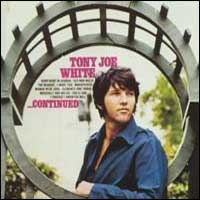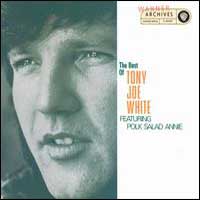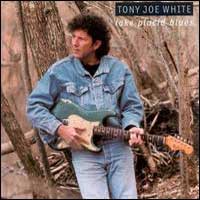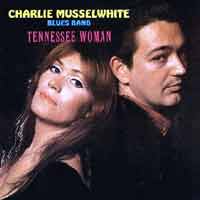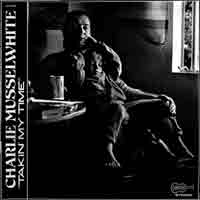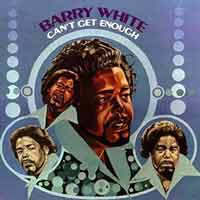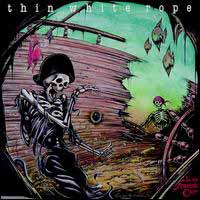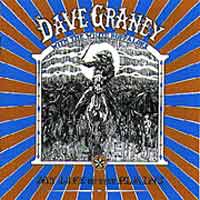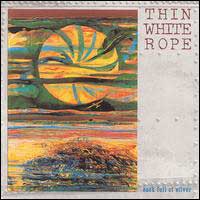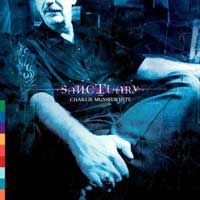Tony Joe White's self-titled third album, Tony Joe White, finds the self-proclaimed swamp fox tempering his bluesy swamp rockers with a handful of introspective, soul-dripping ballads and introducing horn and string arrangements for the first time. The album -- White's 1971 debut for Warner Bros. -- was recorded over a two-week period in December 1970, in two different Memphis studios (one was Ardent Studios, where Big Star later recorded their influential power pop albums). His producer was none other than London-born Peter Asher, who had just produced James Taylor's early hits for the label (he would continue to produce hits for Taylor and Linda Ronstadt on his way to becoming one of the most successful producers of the '70s). One can surmise that Warner Bros. may have put White and Asher together as a way for the producer to work his magic with an artist who had much promise. White had already scored big with 1969's "Polk Salad Annie" for Monument, and he was having success as a songwriter too: "Rainy Night in Georgia" was a huge hit for Brook Benton in 1970. As you might expect, there aren't really too many surprises here, despite the addition of the Memphis Horns and other Muscle Shoals sessioners. The songs are fairly standard and straightforward, nothing too out of place or experimental, and White's husky southern warble remains the album's key focus. Many of the songs will remind the listener just how turbulent the cultural climate of the late '60s and early '70s was in the U.S. White's soulful southern-tinged spoken drawl introduces "The Change" (as in a "change is gonna come"), then a potent theme and oft-spoke clarion call that, indeed, the times they were a changin'. "Black Panther Swamps" and "I Just Walked Away" (the album's first single) are also successful at what they attempt. Meanwhile, over on the more sentimental side, "The Daddy" concerns itself with the generation gap between father and son, and mentions the son cutting his long hair ("a little respect will never hurt you"). The mawkish "Five Summers for Jimmy" will appeal to fans who liked Bobby Goldsboro's "Honey." On a more positive note, "A Night in the Life of a Swamp Fox" was White's somewhat-frustrating look at what was going on in his life, playing his sole hit for fans but wanting something more out of his career. Unfortunately, this album never did bring him the success he craved, although it deserves another listen.
(by Bryan Thomas, All Music Guide)
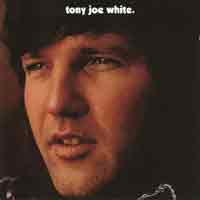
 Plattentipp
Plattentipp 

